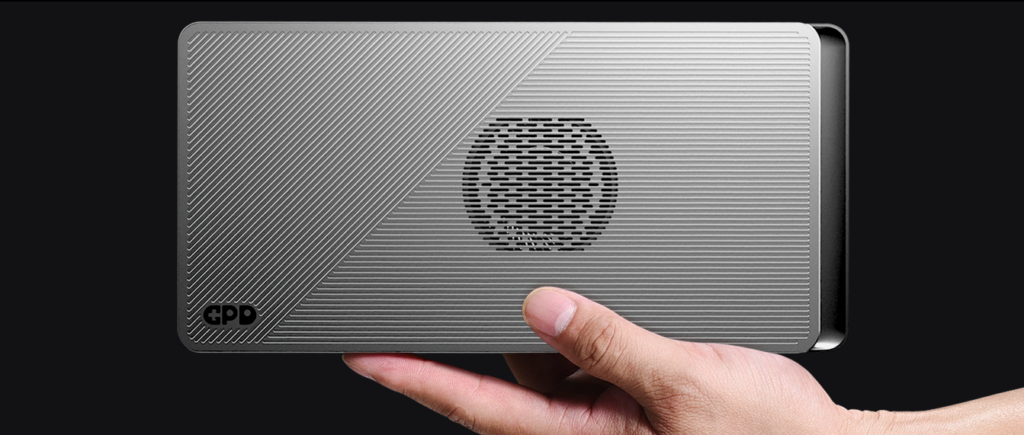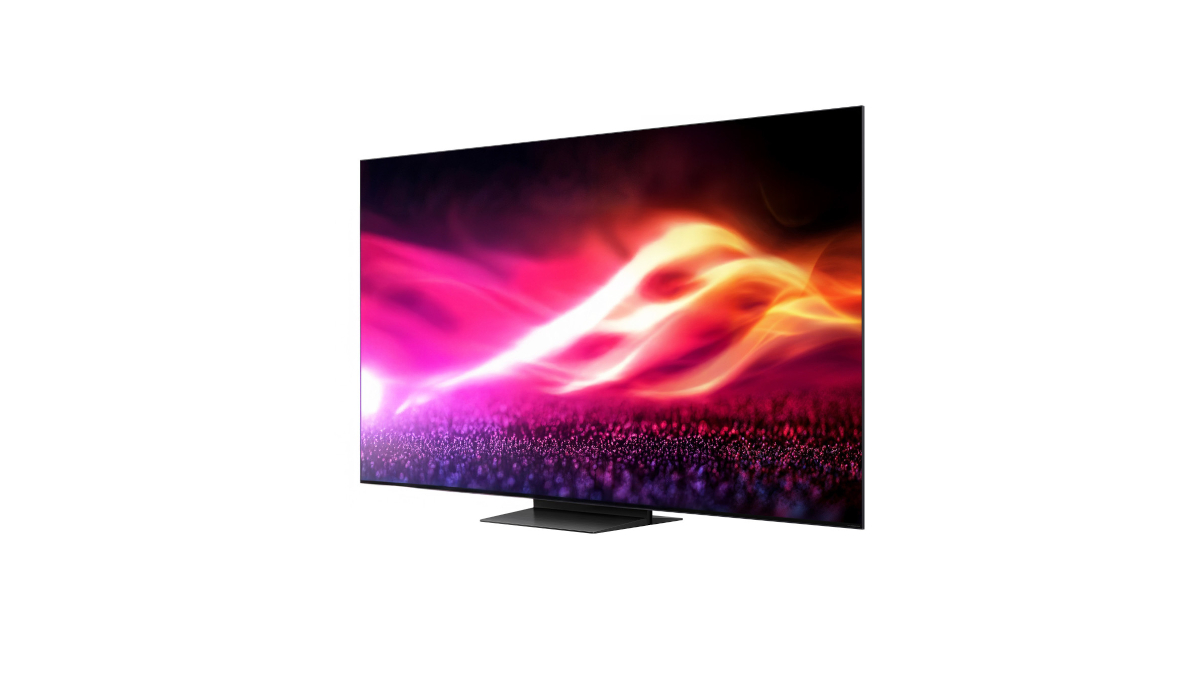GPD’s ‘GPU box’ stands out as an effective means to upgrade your laptop’s graphics without the need for a costly replacement or DIY GPU installation.
The GPD G1 takes on the appearance of a versatile docking station, providing a plethora of connectivity options while simultaneously enhancing your laptop’s graphical prowess.
Weighing in at a mere 867g and measuring 225 x 111 x 30mm, this lightweight GPU expansion unit boasts an 8GB GDDR6-equipped Radeon RX 7600M XT GPU.
Notably, Japan’s PC Watch conducted rigorous testing, affirming that its performance rivals that of the esteemed Nvidia GeForce RTX 3070.

The Performance-Boosting GPU Box
PC Watch’s benchmarking unveiled the remarkable impact of the GPD G1 on a ThinkPad X1 Carbon Gen9 enterprise notebook, equipped with an Intel Core i7-1165G7 CPU and running Windows 11 Pro.
In the realm of gaming, benchmarking against Final Fantasy XV Windows Edition yielded a score of 1,373 without GPD G1, skyrocketing to 8,900 with its connection—an astounding 590% increase. The Blue Protocol benchmark ascended from 2,319 (below minimum requirements) to an impressive 11,937.
It’s noteworthy that these results were achieved on the ThinkPad’s built-in display, with a 30% score reduction when connected to an external 2,560 x 1,440 pixel HDMI display.
For everyday office scenarios, PCMark 10 and PCMark 10 Extended showcased a 17% and 51% score boost, respectively, underlining the GPD G1’s substantial impact on productivity.
In addition, testing using Procyon’s Office Productivity Score, benchmarking Microsoft Office apps including Excel, Word, PowerPoint, and Outlook, delivered a notable 6.1% boost.
Beyond its performance enhancements, the GPD G1 doubles as a versatile docking station, addressing the connectivity limitations of many modern business laptops.
The unit offers an array of ports, including three 3.2 USB-A ports, an SD card reader, two DisplayPort 1.4 ports, an HDMI 2.1 port, an OCuLink port, and a USB 4.0 port. However, it’s worth noting that there’s only one USB Type-C port with power delivery and no Ethernet connectivity.
Discover more from NewForTech
Subscribe to get the latest posts sent to your email.




